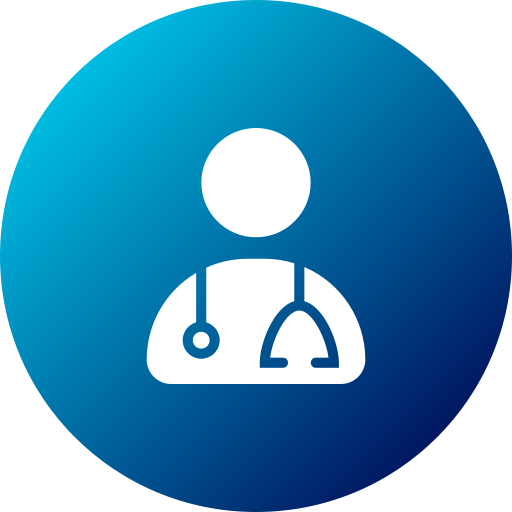What Are the Side Effects and Potential Risks of Hangovers?
Hangovers are a common side effect of drinking too much alcohol. They can be painful, disruptive, and even dangerous.
The most common side effects of hangovers are headache, nausea, sensitivity to light and sound, dehydration, and fatigue. There are also some other possible risks that may occur during a hangover such as dehydration, electrolyte imbalance or even alcohol poisoning.
Hangovers can lead to permanent damage to the liver and brain if they continue for long periods of time or if they happen too often.
Will Drinking Alcohol Help Your Hangover?
Hangovers are a common problem for many people. They can be caused by a variety of factors like alcohol, stress, or dehydration. While some people believe that drinking alcohol will help reduce the severity of a hangover, others think that it will actually make it worse.
Alcohol is often found in various alcoholic beverages. Alcoholic drinks are considered to be one of the main causes of hangovers. Hangovers can be caused by alcohol, but they can also be caused by other factors such as dehydration and stress.
In some cases, hangovers are a sign that you drink too much alcohol and should rethink your consumption habits for optimal health. In general, alcohol is a type of beverage that contains ethanol. It’s been used for thousands of years as a way to get drunk. However, alcohol can also have a variety of other beneficial effects on the body and mind, like lowering the risk of heart disease or cancer. The effects of alcohol on hangovers depend on the person, but it can make them worse, prevent them from happening, or have no effect at all.
Some people believe that drinking alcohol will help reduce the severity of a hangover and will be beneficial for their recovery from one. However, other people think that drinking alcohol will make their hangover worse. Some people believe that drinking alcohol on a hungover day will reduce the severity of a hangover.
Alcohol is absorbed in the stomach and relatively quickly reaches the brain, this makes it possible for alcohol to reduce or prevent hangovers. When people drink alcohol on a hungover day, they are trying to use it to replace electroly tes, which are lost through dehydration. Alcohol is a diuretic, meaning it causes the kidneys to release more fluid and sodium. This process makes the body more prone to water intoxication. Water intoxication is not a dangerous condition, but it can be very uncomfortable, cause brain swelling and can lead to death if left untreated.
Some people report that drinking alcohol makes their hangover worse.
Hangover Cures
Hangovers are a common problem for people who drink alcohol. The following are some of the best hangover cures that you can try.
The best hangover cure is the one that works for you. This means that it’s important to know what your body needs in order to feel better.
The best hangover cure depends on a variety of factors, including how much alcohol you drank, how long the party went on, and how long it will take before you can sober up.
Hangover Cures:
- Drink lots of water and sports drinks to replenish lost electrolytes and hydration. This will help prevent dehydration and help your body recover faster.
- Eat foods rich in potassium, like bananas, avocados, or nuts to replace lost nutrients from alcohol consumption.
- Take a multivitamin and minerals supplement with antioxidants to help your body recover faster.
- Try a healthy breakfast like oatmeal or granola with fruit which will provide carbohydrates, protein, vitamins and minerals needed for recovery.
- Take ibuprofen or acetaminophen as needed to relieve pain and inflammation
- Сonsume baking soda and epsom salt with water
- Eat soups and fatty foods
Why You Shouldn’t Drink on an Empty Stomach
Drinking alcohol on an empty stomach is a bad idea.
Alcohol dehydrates the body, which in turn leads to a decrease in blood sugar. This can lead to the release of stress hormones that disrupt sleep and cause anxiety.
You may alsso like:

